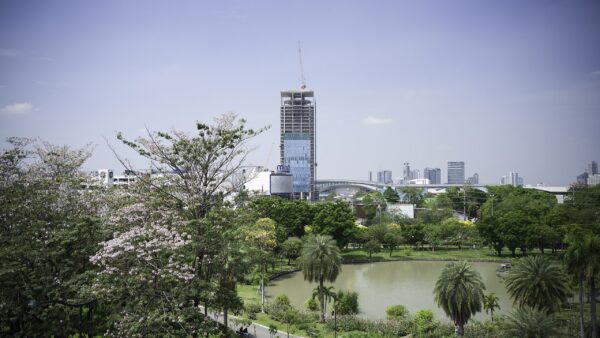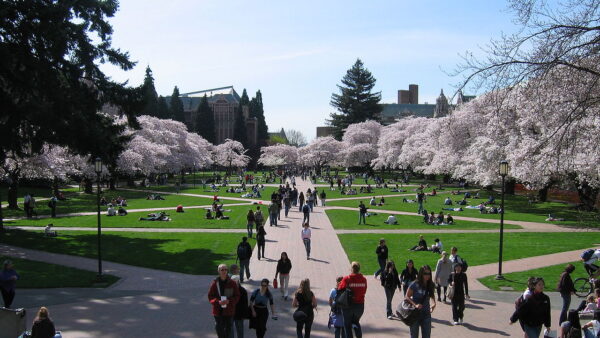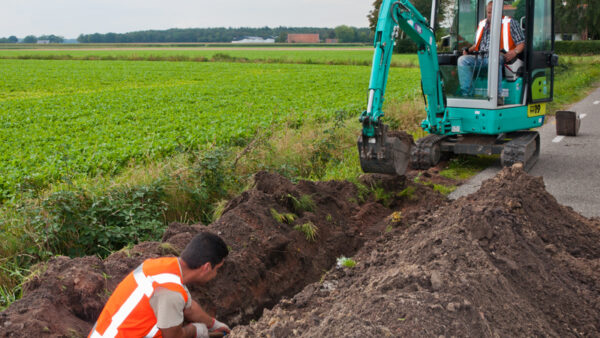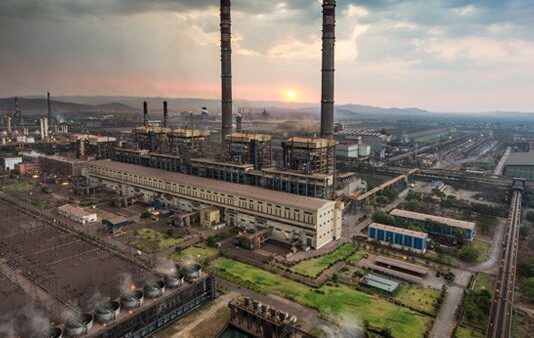Confusion reigns again over Sri Lanka’s $1.5bn Colombo Port City scheme, with a Chinese official claiming that the suspended project is back on track after talks in Beijing between the presidents of the two countries.
But the Sri Lankan government has denied the claim.
No decision has been made on whether the project will be completely halted or continued– Ajith P. Perera, Sri Lankan deputy external affairs minister
The row came amid a six-day visit to China by the Sri Lankan president, which ended today.
In a further twist, a Sri Lankan court has ordered the impounding of the passport of a director of the Chinese company building the port project following allegations that his company, China Harbour Engineering Company (CHEC), had failed to pay a subcontractor.Â
Nothing automatic
The argument started last week when China’s assistant minister of foreign affairs, Liu Jianchao, told reporters that Sri Lankan President Maithripala Sirisena had said to his Chinese counterpart, Xi Jinping, on 26 March, that the port city suspension is temporary, implying that the project would eventually go ahead.
“He (Sirisena) stressed that what happened around the port city in Colombo is rather temporary, and he said the problem does not lie with the Chinese side and hopes to continue with the project after things are sorted out,” said Liu, Reuters reported.
But the next day the Sri Lankan government dismissed the notion that there would be anything automatic about the project’s resumption.Â
Deputy external affairs minister Ajith P. Perera said the Chinese funded port project, which began following a deal struck between China and Sri Lanka’s previous government, had not even been on the agenda during the meeting between the two presidents.
“No decision has been made on whether the project will be completely halted or continued or concerning the issues that have been highlighted regarding the project,” Perera told local media, adding that the president’s use of the word ‘temporary’ “in no way implies that the Sri Lankan government or the President has given the green light for the project to continue.”Â
Caught in a crossfire
Work on the ambitious port city project was inaugurated by Chinese President Xi Jinping and former Sri Lankan President Mahinda Rajapaksa in September last year. It is intended to be a node in China’s “Maritime Silk Road”, a planned string of ports facilitating sea travel and trade between China and Europe.Â
China Communication Construction Company (CCCC) signed a deal with the Sri Lanka Ports Authority in July 2013 to develop the port city on 230 hectares of reclaimed land just offshore Colombo. CCCC’s subsidiary, China Harbour Engineering Company (CHEC), began reclamation work in September 2014.Â
But Rajapaksa was ousted in an election on 8 January and the victor, his rival Maithripala Sirisena, had pledged to take a harder line on Chinese-backed projects. In January the new government suspended the scheme and launched a comprehensive review on the grounds that it had gone ahead without cabinet approval and without following procedures.
The scheme, just one of many Chinese-funded projects in Sri Lanka, has been caught in a crossfire of domestic and geopolitical issues.Â
At home, Sirisena wants to be seen as standing up for Sri Lanka’s sovereign interests and being tough on corruption after a flood of Chinese infrastructure investments under the previous administration.
A second high-profile, Chinese backed project came under review earlier this month: the 350-m-high communications tower, known as the Lotus Tower in Colombo, which is now under construction.
Geopolitically, the port scheme has worried Sri Lanka’s bigger neighbour India because it would give a Chinese state-owned company influence over a port that is a transhipment hub for India. Despite growing economic ties between the two Asian giants, China and India have a long-running border dispute that has flared into armed conflict three times since 1962. Deep suspicions remain.Â
Passport impounded
Sirisena’s six-day visit to China was overshadowed not only by the port city suspension but by the death of his brother on 28 March following an axe attack.Â
One of 12 siblings, Priyantha Sirisena suffered severe head injuries in his hometown of Polonnaruwa after being attacked in what was described as a “private dispute”. He was flown to hospital in Colombo, where he died from his wounds.
Meanwhile, relations between Sri Lanka and China will have been strained further by the court appearance yesterday of a director of CHEC, San Ya-peng, following a complaint by a subcontractor that it had not been paid for work on the port city and two other CHEC projects, including the new Mattala Rajapaksa International Airport (MRIA), also known as the Hambantota International Airport.
According to local media, Sri Lanka’s Criminal Investigation Department (CID) arrested the director at the airport as he was attempting to leave the country.
Chief Magistrate Gihan Pilapitiya ordered San Ya-peng’s passport be impounded and released him on bail with four Chinese nationals acting as sureties. Another CHEC director, Shen Wei, had previously left the country.Â
The case resumes on 2 April.
Photograph: Chinese President Xi Jinping, left, with Sri Lankan President Maithripala Sirisena during a welcoming ceremony in the Great Hall of the People on 26 March 2015 in Beijing (Feng Li/Getty Images)










